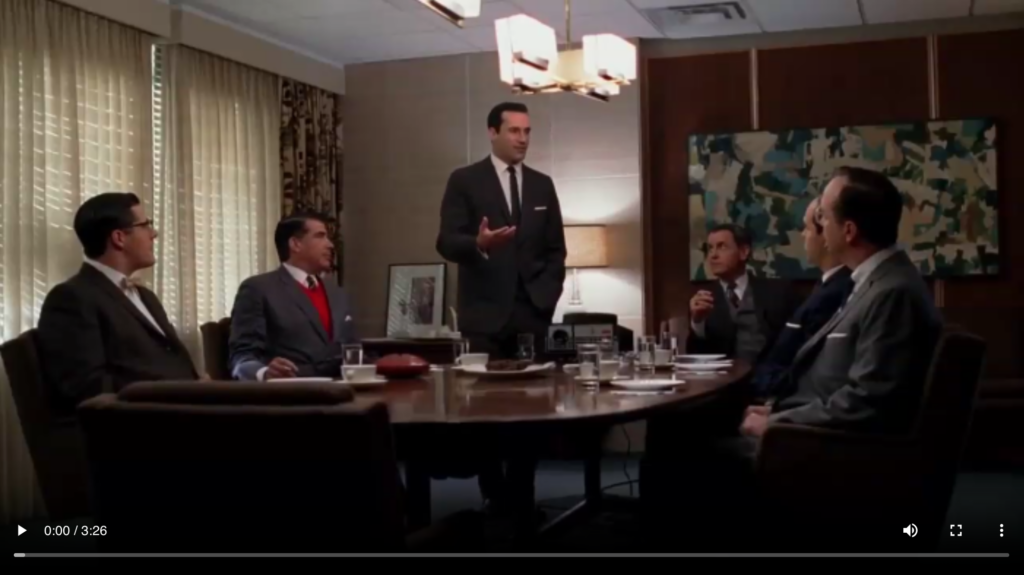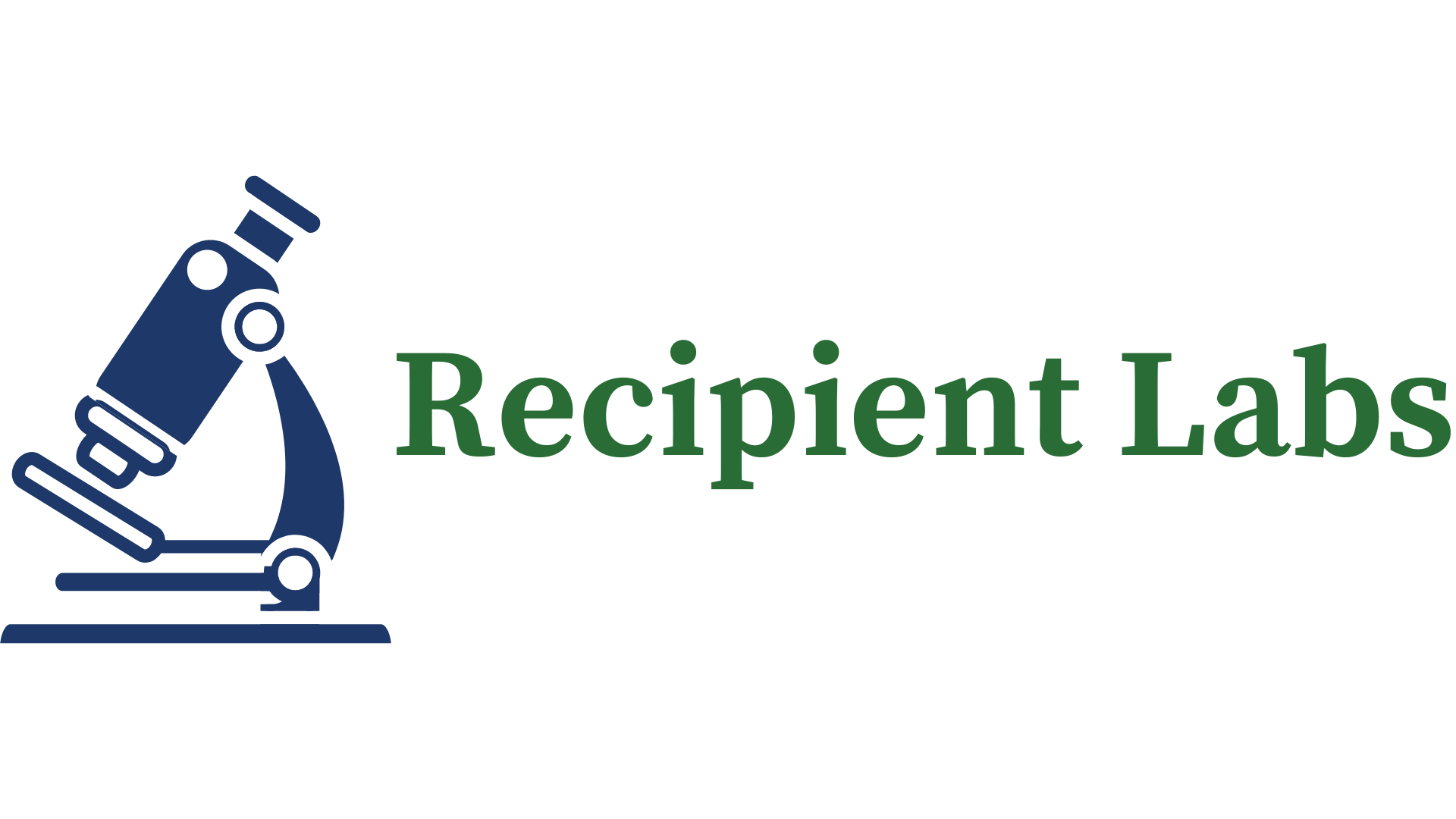A couple weeks ago I mentioned a back issue of Scientific American magazine, and how enamored they were of the use of anecdotes.
I see this all the time in my own work. If you want to make a point, wrapping your point in an anecdote that makes your point, too, goes down way better than trying to make the point by itself. There are a gazillion pieces of academic research that go into why, but who bothers to read academic research? Often, not even the academics themselves.
Anyway, back to my point, the power of anecdotes. There’s a great scene from the end of season 1 of Mad Men…
(Mad Men was a great show, by the way, on par with The Sopranos — if you are one of the three people on this planet who have not already binge-watched Mad Men, immediately drop what you are doing and get thyself to a TV, your life will be the richer for it.)
…In that Mad Men scene, Don Draper uses an anecdote about one of his old bosses, Teddy, to introduce his idea for how to position a Kodak product. His use of the anecdote is brilliant on so many levels, I urge you to watch it if you haven’t already:

